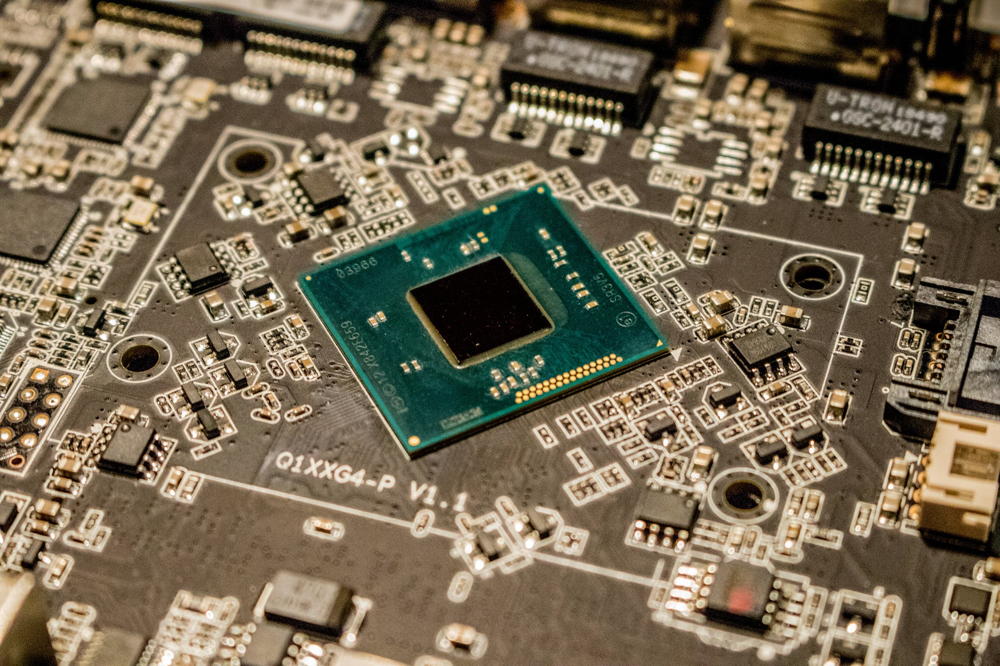

Image credit: Jeremy Waterhouse/Pexels
Chinese companies are being advised that American chips are no long safe, as the trade war between the US and China continues to escalate.
Reuters reported on that Tuesday 3 December the Internet Society of China, the China Association of Automobile Manufacturers, the China Semiconductor Industry Association, and the China Association of Communications Enterprises (representing more than 6,000 companies) issued statements declaring that US chip products are no longer safe and reliable.
The associations are now calling on local firms to exercise caution when purchasing US chips and are reportedly encouraging local firms to source their semiconductors domestically.
Chinese state media outlet Global Times reported the semiconductor association wrote US chips are no longer safe and reliable, and relevant Chinese industries will have to be cautious in purchasing the chips.
The association reportedly added the arbitrary nature of US control measures against China had also caused supply chain disruptions and increased operating costs for US companies, affecting the stable supply of chips.
This development seems to be the latest response by Beijing to the punishing ‘Export Controls’ announced by the Biden Administration’s US Commerce Department on Monday.
That new round of US semiconductor export restrictions are designed to hamper Beijing’s capacity to produce high-end chips. The restrictions include adding 140 companies to its ‘Entity List’; as well as new export controls on 24 types of manufacturing equipment; restrictions on three types of software tools used for developing semiconductors; and high-bandwidth memory chips.
The Global Times also alleged the US has expanded its “long-arm jurisdiction” to restrict the chip trade between China and third party countries.
Soon after the US measures where announced, Beijing responded by banning the export to the United States of certain high-tech materials, which it claims have potential military applications.
Chinese Commerce Ministry announced it was banning exports to the United States of gallium, germanium, antimony and other key high-tech materials.
Beijing also reportedly announced on Tuesday that other materials that will be banned for export to the US include super-hard materials, which would include diamonds and other synthetic materials that are not compressible and extremely dense.
Those materials are reportedly used in many industrial areas such as cutting tools, disc brakes and protective coatings.
It should be noted that in July 2023 China had abruptly ordered export restrictions on two elements (gallium and germanium) critical for manufacturing semiconductors and communications equipment.
The July 2023 restrictions required Chinese exporters to apply for licenses to export to the US the strategically important materials.
Then in August 2023 China’s commerce ministry said that it would impose export limits on antimony and related elements in the name of national security. Antimony is used in a wide range of products from batteries to weapons.
China also imposed tighter controls on exports of graphite, as well as restrictions that covered smelting and separation technology and machinery and other items related to such super-hard materials.
Shortly after that a former Chinese commerce minister and trade policy adviser warned that Beijing’s retaliation was just a start in the trade dispute.
And in December 2023 China also banned the export of technology to make rare earth magnets.
Now it seems that exports to the United States of gallium, germanium, antimony and other key high-tech materials are now banned.
And the Chinese associations are now labelling American chips as “unsafe”.
The trade war between the US and China is unlikely to slow down anytime soon, as President-elect Donald Trump has been threatening to sharply raise tariffs on imports from China and other countries.
American space agency prepares for testing of Boeing's Starliner, to ensure it has two space…
As UK and Europe develop closer military ties, European Commission says it will invest €1.3…
Zuckerberg seeks to revive Facebook's original spirit, as Meta launches Facebook Friends tab, so users…
Notable development for Meta, after appeal against 2021 WhatsApp privacy fine is backed by advisor…
First sign of shake-up under new CEO Lip-Bu Tan? Three Intel board members confirm they…
Trump's nominee for SEC Chairman, Paul Atkins, has pledged a “rational, coherent, and principled approach”…